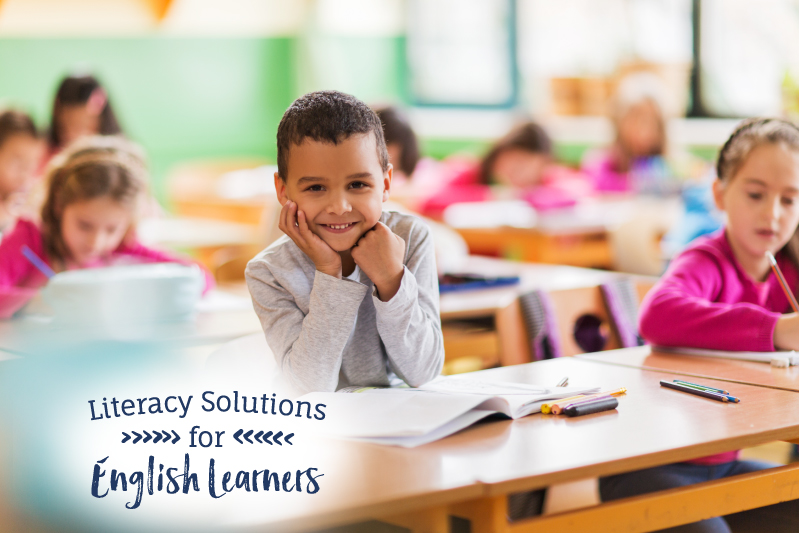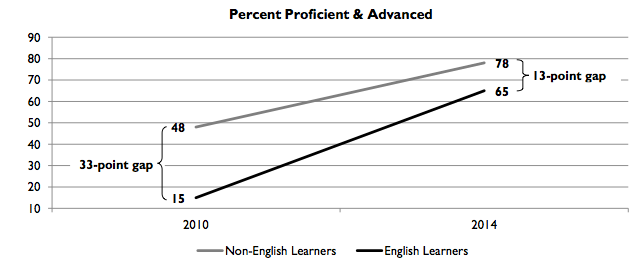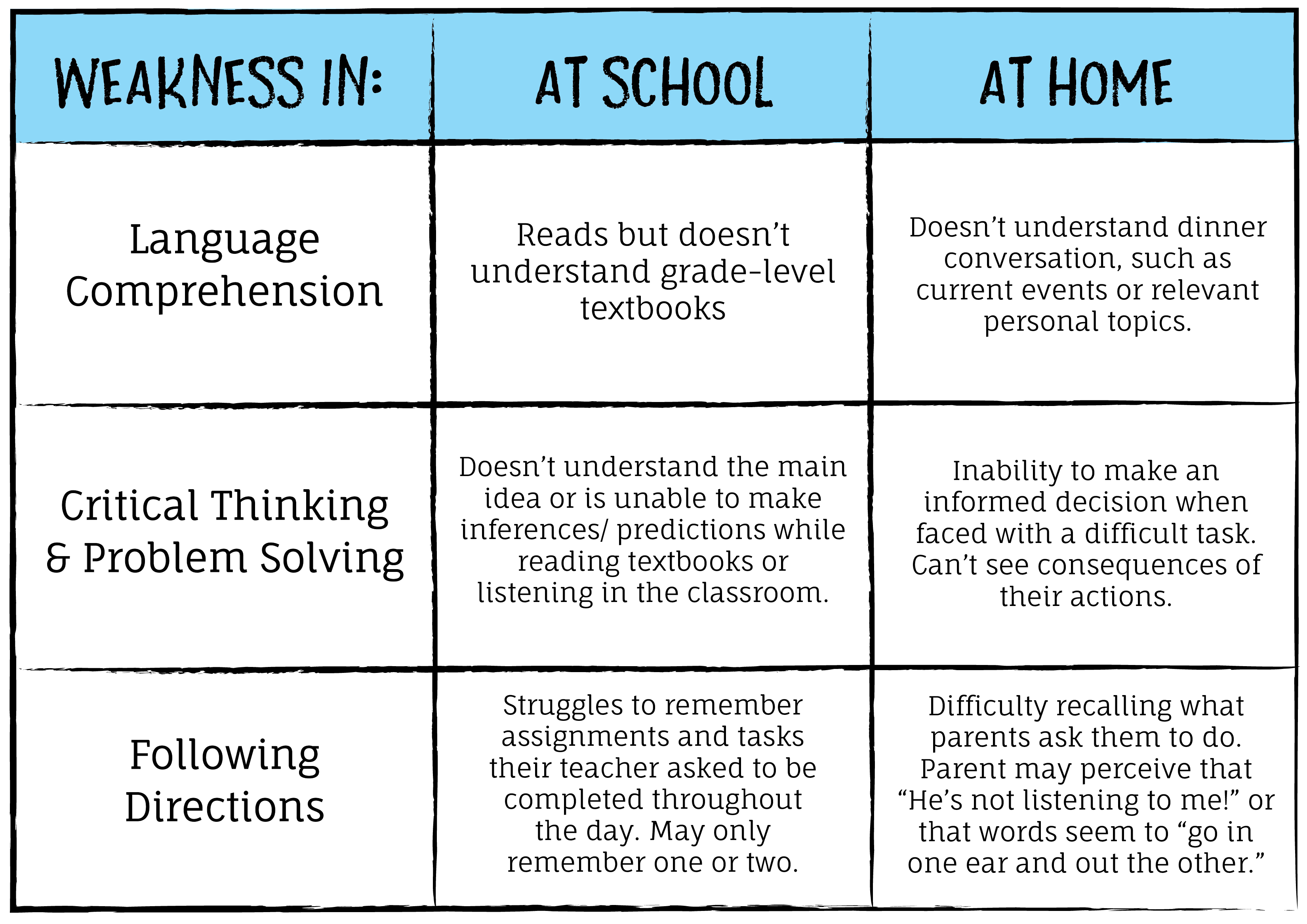 Lindamood-Bell Academy is a private school that features individualized instruction at our learning centers and/or online. It is an excellent solution for students grades K-12 who thrive in a non-traditional teaching environment. Our year-round, open enrollment is perfect for students who are changing schools mid-year.
Lindamood-Bell Academy is a private school that features individualized instruction at our learning centers and/or online. It is an excellent solution for students grades K-12 who thrive in a non-traditional teaching environment. Our year-round, open enrollment is perfect for students who are changing schools mid-year.
While many students attend their neighborhood school without issue, some are extremely challenged by the curriculum, rigid schedule or social pressure in a typical setting. Most families don’t begin the year intending to switch schools. But if your child’s school is not meeting their needs, for whatever reason, the stress and frustration can become too much, and start to affect learning.
Our Academy combines Lindamood-Bell expertise with curriculum. The learning needs of each child are addressed so they are ready to learn. And they do.
Why Change Schools Mid-Year?
You’re on the Move
Lindamood-Bell Academy is located where each child needs to learn. Available at all US learning centers, students can attend in person or online, or they can choose a hybrid model. This works well for our students who live far from a center, have health challenges, or who will be traveling during the school year. Your child’s schooling will stay on track wherever the world takes them.
Lindamood-Bell Academy can be home for students experiencing a transition year for any reason. Our year-round, open enrollment is perfect for students who are changing schools mid-year or are otherwise in-between schools due to health issues, relocation, intensive programs and more. We look forward to making each student’s first day of school special!
Timing is Everything
Academy scheduling is flexible and students move through curriculum at their own pace. Students who have careers or other obligations that interfere with traditional school schedules will attend a school that works with their schedule. Half-day or full-day schedules are available. Breaks for travel, competitions, performances and more are easily incorporated.
School can be Boring
Instruction is based on the learning needs of each student and the curriculum is flexible. Academy students may work at their own pace and pursue higher levels in any given subject. Gifted students who excel in a certain area can often become bored in a typical classroom. Academy students can enjoy getting ahead in an area of interest, rather than being held back by a standard classroom curriculum.
Back to Homeschool
For decades, homeschool families have turned to Lindamood-Bell for help with language and literacy skills. Our flexible schedule allows homeschool families to benefit from their community resources, without needing to gain expertise in new subjects to teach to their children.
Reading Makes School Hard
Students who have weak reading skills tend to fall further behind, year after year, in typical school settings. Students who struggle with sounding out words, and are slow readers, may have weak symbol imagery—the ability to visualize letters in words. This difficulty is not only frustrating for a student, but prevents them from accessing school curriculum alongside peers.
At Lindamood-Bell Academy, we are able to provide individualized school curriculum and our research-validated instruction that addresses the cause of poor reading. The Academy can be an ideal setting for students previously diagnosed with dyslexia, ADHD and other learning challenges.
Your Child “Doesn’t Get It”
While most schools challenge students to comprehend and think, they may not address the needs of students who have an underlying comprehension weakness. High expectations and the opportunity to practice are simply not enough for many learners. They may be attending school, but missing out on the big picture for this year’s learning.
A cause of comprehension difficulties is weak concept imagery—the ability to create an imagined gestalt (whole) from language. The development of concept imagery improves reading and listening comprehension, memory, oral vocabulary, critical thinking, and writing.
At Lindamood-Bell Academy, we can develop the imagery-language connection as a foundation for learning and progress through school curriculum that is at the right level for each student. The Academy can be appropriate for a wide range of students who need to improve their ability to comprehend while they go to school.
Learning Should Feel Great
Lindamood-Bell Academy is student-centered. Our individualized approach can address the reading and comprehension needs that may be the cause of some students’ worries. Further, our low teacher-student ratio allows us to provide a school that is highly customized to rates of learning. If a student needs to spend more time on a subject, that’s OK! Student days are infused with celebrations of their individual success and is non-competitive. Lindamood-Bell Academy’s environment may be ideal for families seeking an environment that is not conducive to bullying or peer pressure.
Imagine Your Child at Lindamood-Bell Academy
We combine Lindamood-Bell expertise with a full curriculum. The learning needs of each child are addressed so they are ready to learn. And they do.
Now, families looking for an individualized approach for their child’s whole school experience can choose the Lindamood-Bell Academy. Contact us to learn more about mid year enrollment at Lindamood-Bell Academy and to discuss your student’s needs: 800-300-1818.






















